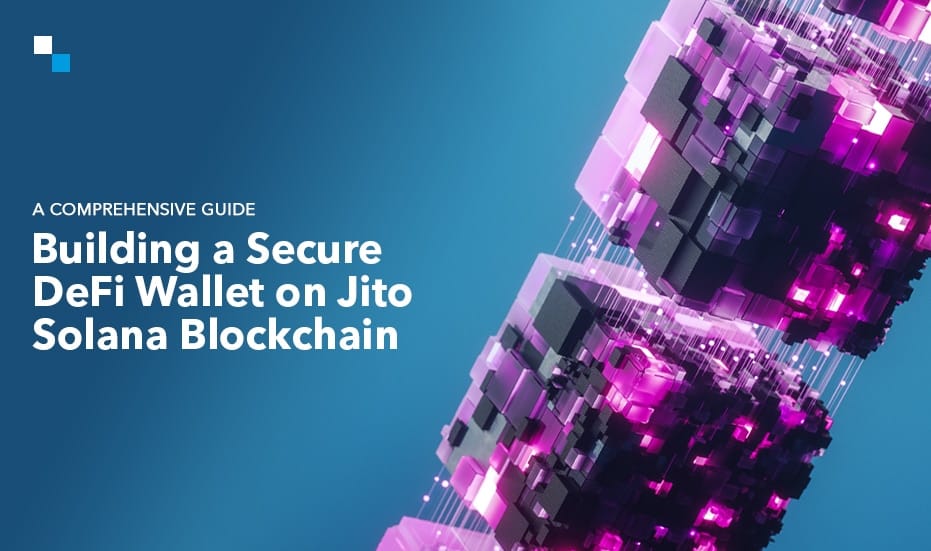
Crypto Exchange Script with a Built-in KYC Process
May 4, 2021
An In-depth Insight into ERC-721 and Other NFT Standards
May 5, 2021There is a swathe of digital currencies available to invest, exchange and store. Since investors are experimenting with growing portfolios, they are likely to browse through more alternatives to store their assets securely. While traditional custodian wallets have had a successful run so far, DeFi wallets are gaining faster acceptance. In fact, industry experts predict the latter taking over the markets in years to arrive.
The following blog provides a quick run-through the major differences between the two.
First things first: Understand the key terms
Private Keys : These are the combinations of a secret sequence of random digits tied to fund a balance for a particular digital asset. These keys are responsible to manage funds and should only be known by the owner of said funds. Whoever known this key has access to the funds associated with it.
Custodial Exchange Wallet : The funds in this wallet are secured by a custodian; means another party controls your private keys. It is not wrong to say that, you are trusting a third party to secure your currencies and return them if you want to trade or send them somewhere else. Generally, most custodial wallets are web-based exchange wallets.
DeFi Wallet : This is a type of blockchain wallet that lets you be your own bank. This means you have full control over your funds and on the associated private key.
a) Storing Crypto On An Exchange Wallet
Exchanges operate custodial wallets. These exchanges manage your private keys while you have your cryptocurrencies stored in your exchange wallet. This is expedient only if you are a frequent trader.
Risks Associated With Custodial Exchange Wallet
– Exchanges are prone to hacks, and a quick internet search can pull up crypto trading platforms around the world that have suffered this fate.
– Inexperienced Crypto Investors
Some of the crypto traders opt to store on an exchange since all they require is an account and a password. They do it because they find it easy and it’s similar to services they used in the non-crypto world. However, many crypto experts do not recommend storing on an exchange for long-term storage due to the security risks.
When to store on an exchange?
Exchanges should only be used for short-term storage. This option is good for an active trader. However, even if you’re a day trader, it is beneficial for you to transfer your funds out of the exchanges at the end of your trading day to ensure overnight safety.
b) Storing Assets In A DeFi Wallet
Decentralized wallets or DeFi wallets exist as applications or physical devices that provide full control over funds to their users.
To secure your funds in DeFi wallet, go into the ‘Settings’ to view your private key and write it down on a piece of paper. Store the paper somewhere no one else can access it.
Unlike custodial exchange wallets, non-custodial wallets are comparatively less prone to hacking attempts. There are only two ways you could lose your funds through this wallet.
Risks Associated With DeFi Wallet
1)You can forget your keys
2) Someone else accesses your private key
To resolve the first risk- you can write it down physically. Keep it somewhere safe, doing this can prevent the risk completely.
Regarding the second risk, it can happen in only two ways;
– To access your private key, someone can use malware
– Someone physically views your private key
If you don’t store your private key digitally, the first risk is less likely, but it could still happen. To prevent this be cautious of your online activities.
Develop Your Own DeFi Wallet | Get A Free Software Demo Now
[widget id=”custom_html-3″]
To Sum Up
In all honesty, custodian wallets are more likely to hacks thereby affecting millions of users. As the crypto community inclines more towards decentralization of finance, DeFi wallets will soon be a necessity.
To build your own DeFi wallet, Antier Solutions offers end-to-end DeFi wallet solutions to build robust, secure, and user-friendly Decentralized wallets.
Schedule a free demo of our DeFi wallet development software or connect with our subject matter experts to share your business ideas.



